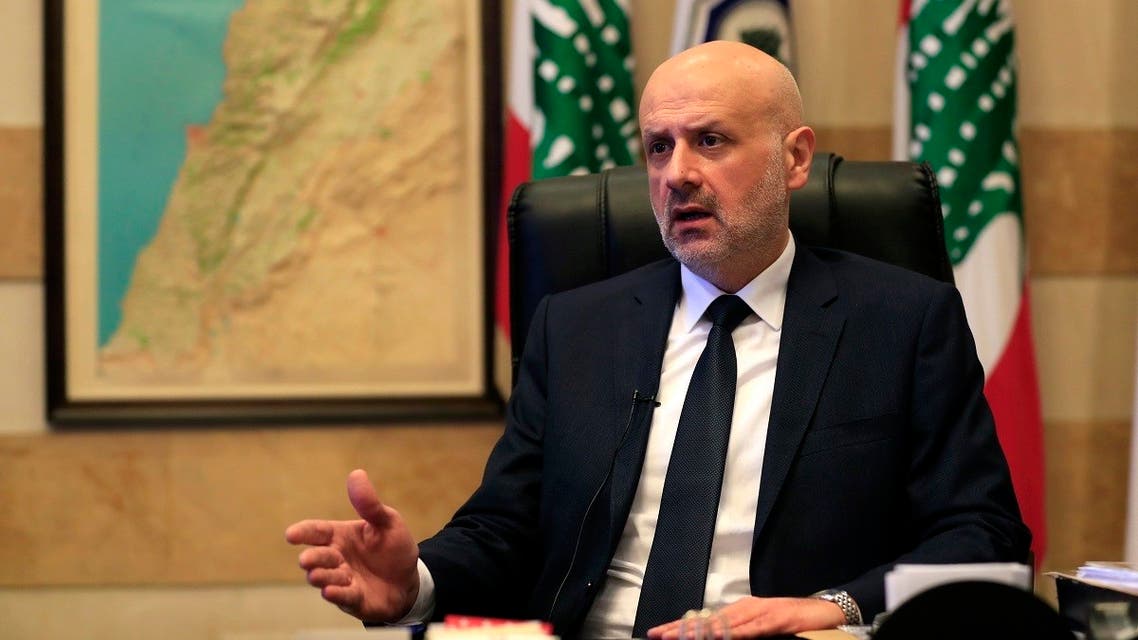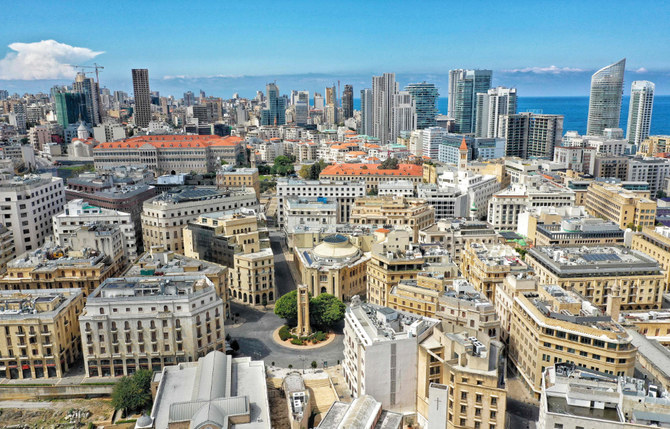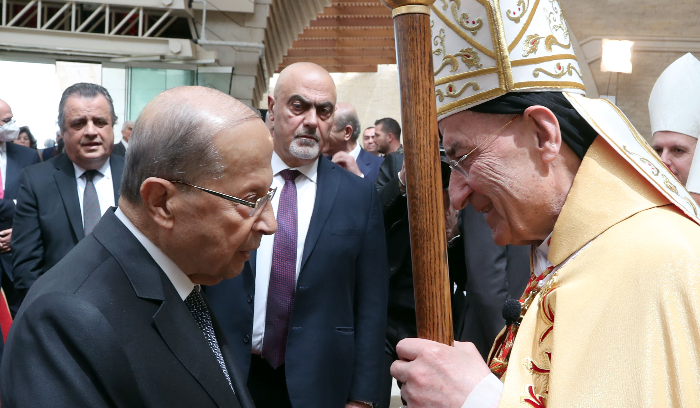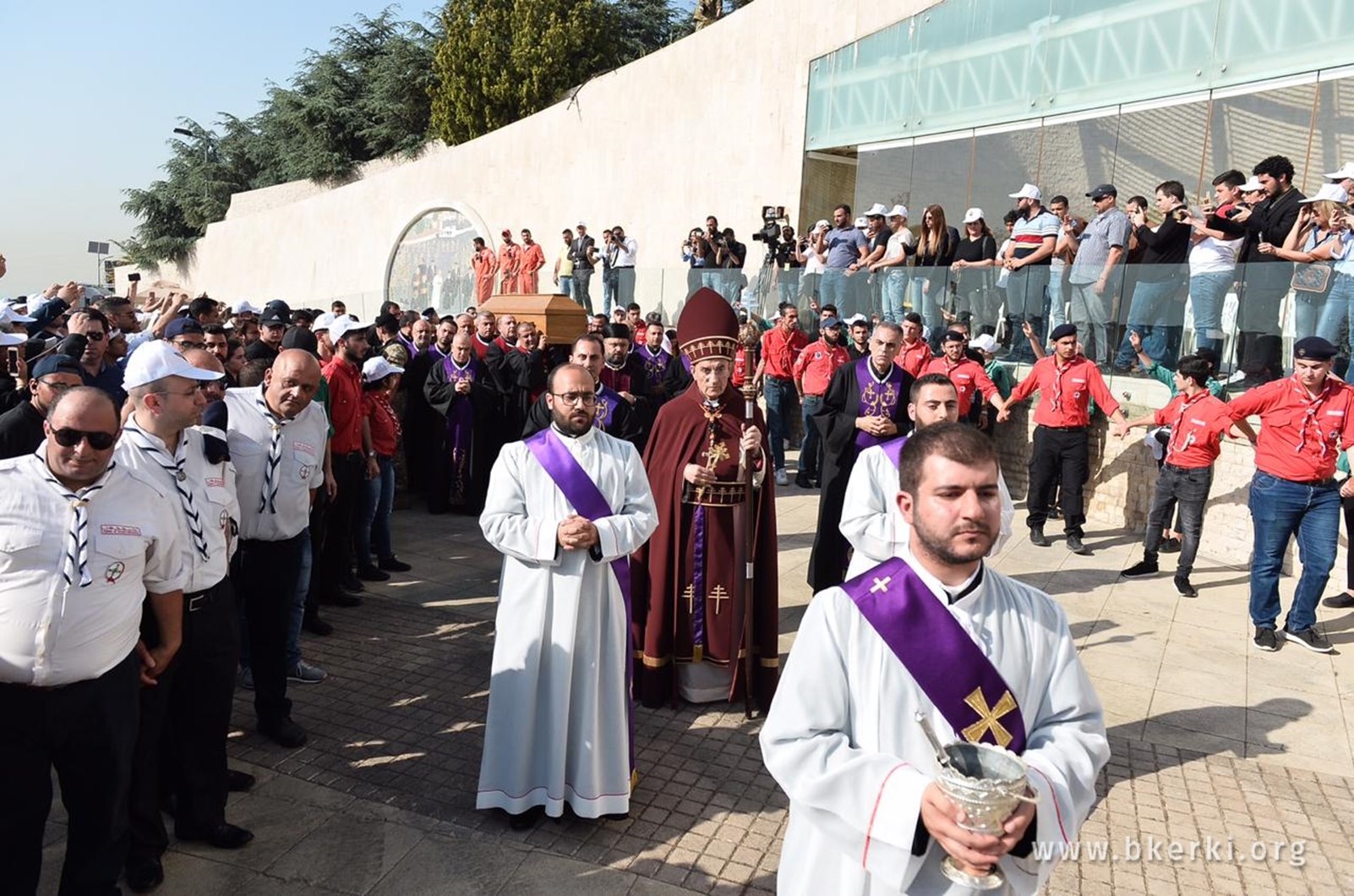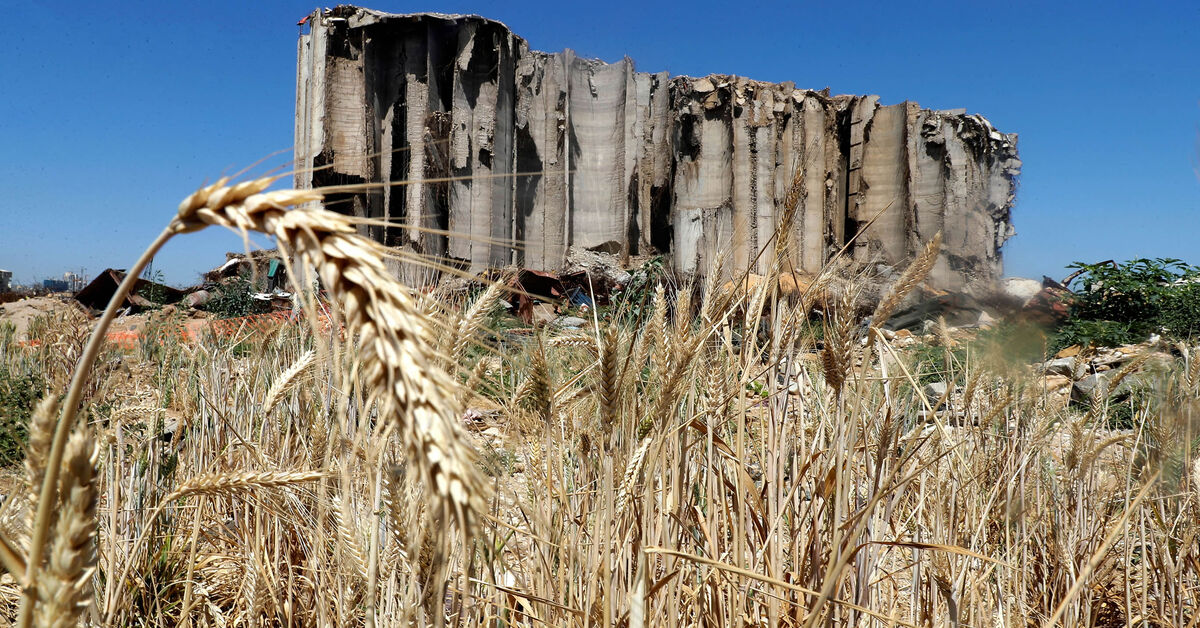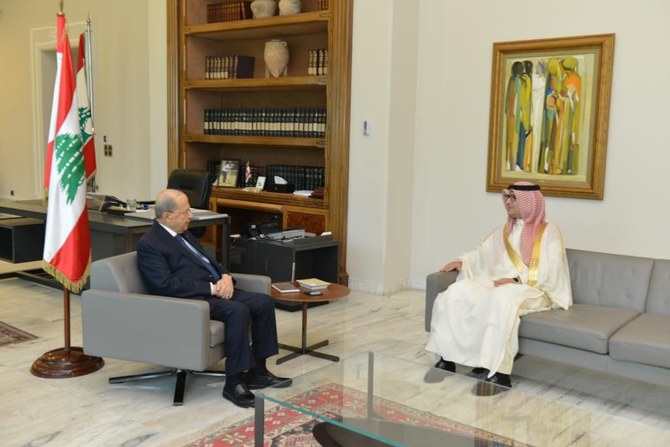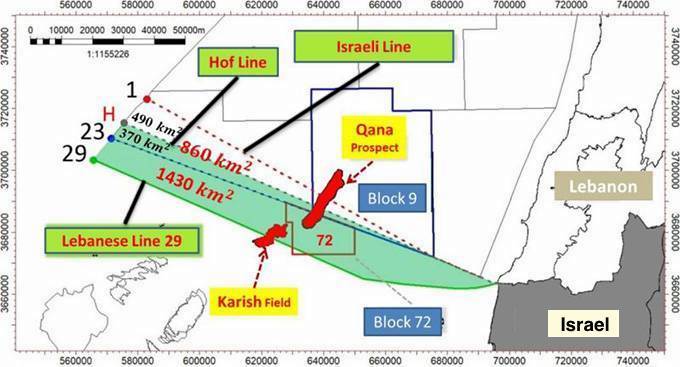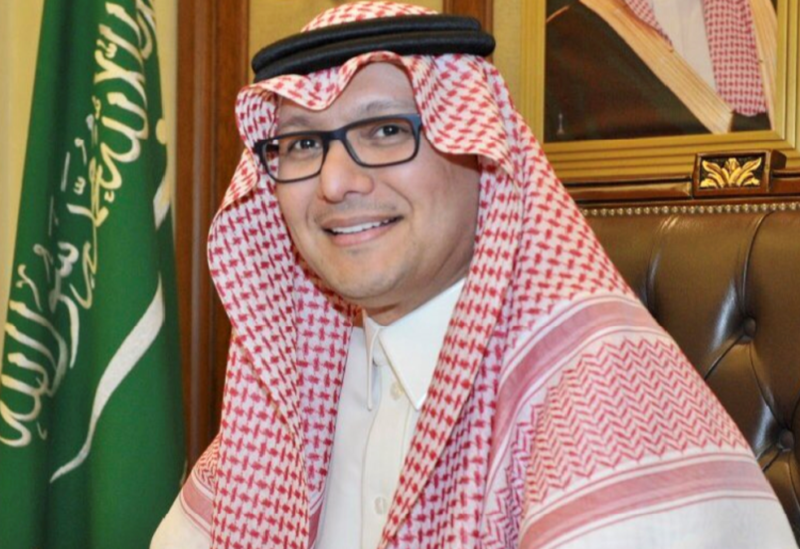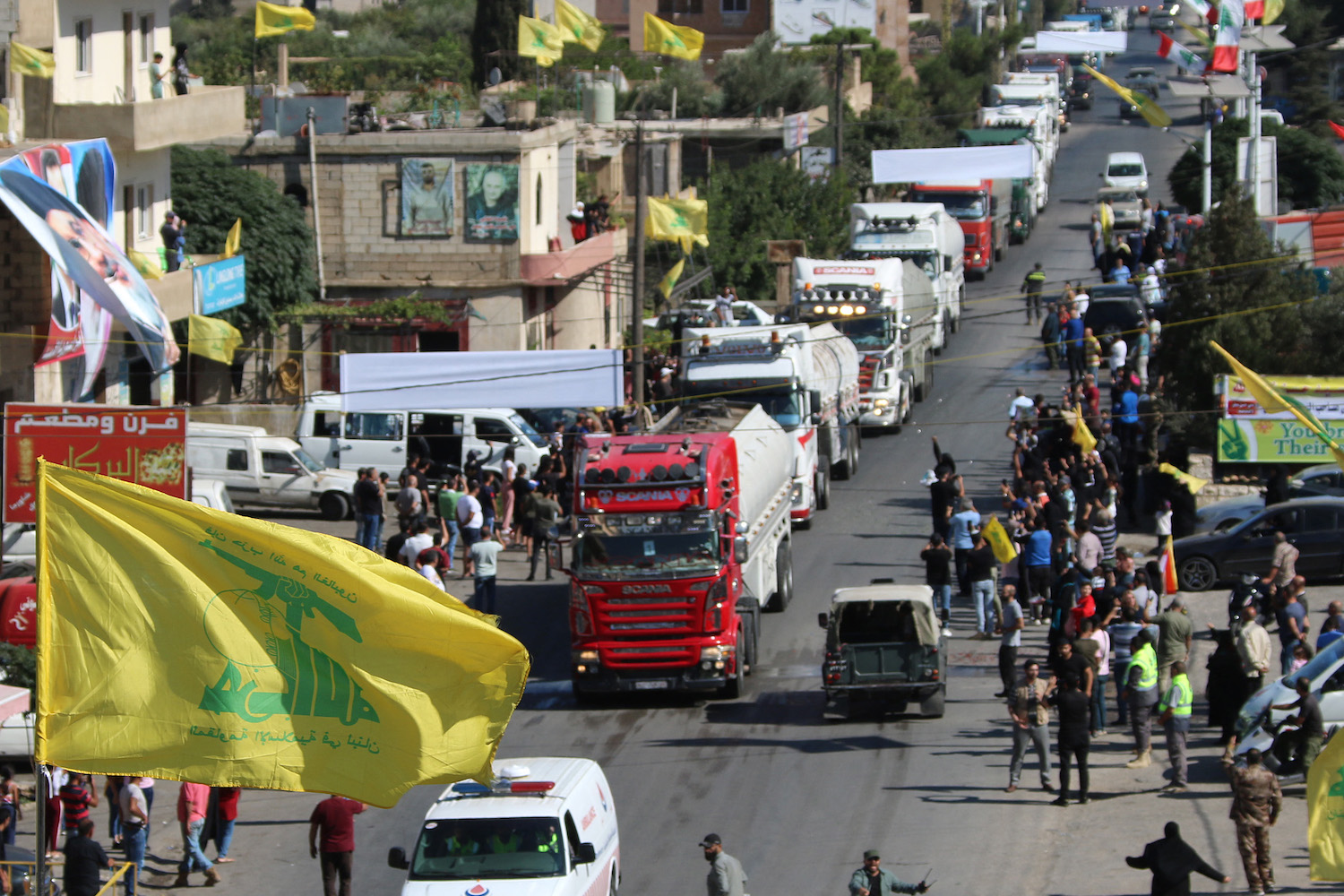
By Najia houssari — arabnews.com — BEIRUT: A total of 155 female candidates from different sects are contesting the Lebanese parliamentary elections scheduled for May 15. The only Shiite female candidate on the lists of Hezbollah and the Amal Movement is MP Inaya Ezzeddine. The remaining Shiite female candidates are trying to win seats previously secured by the Shiite duo. Choosing Ezzeddine to represent parliament Speaker Nabih Berri and the Amal Movement four years ago, in the 2018 parliamentary elections, was a deliberate move to establish “the movement’s openness to the importance of women’s role in public affairs,” as Berri said at the time. But Hezbollah Secretary-General Hassan Nasrallah was very clear on “not involving women in political life because, in Lebanon, MPs offer condolences, participate in weddings and provide services, and we in Hezbollah do not accept that our women carry out such duties.”
This year might be the first time that Shiite women from Hezbollah’s entourage have stood up to the party. In the Baalbek-Hermel constituency, in northern Bekaa, six electoral lists are competing to win 10 parliamentary seats, including six for the Shiite sect. One list includes Hezbollah and the Amal movement, another includes members of local clans. The others draw candidates from civil society movements that do not seem to be hostile toward Hezbollah as their programs do not have demands related to the fate of the party’s weapons. But Sarah Mansour Zeaiter, a Shiite candidate running in the Baalbek-Hermel constituency under the Qadreen list, was subjected to verbal abuse and defamatory remarks from her family a few days ago.
The Zeaiter clan issued a statement explaining that she did not represent the family and that the clan remained loyal to the current MP and candidate for the upcoming elections Ghazi Zeaiter. The statement does not mention that Ghazi Zeaiter is a defendant in the probe into the Beirut port blast. In the Zahle constituency, in central Bekaa, eight lists are competing to win seven seats, including one Shiite seat. Among the competing lists is the Zahle for Sovereignty list backed by the Lebanese Forces, Hezbollah’s arch-rival. The list bears the slogan: “Restoring sovereignty, liberating decision making, and direct confrontation with Hezbollah.”
